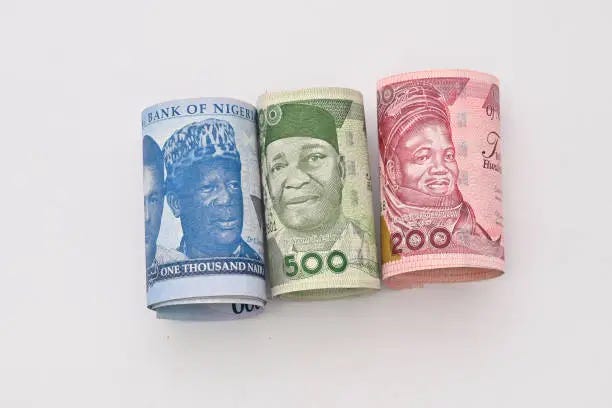State of the Economy
On Monday, Tinubu, addressed Nigerians with a speech outlining his administration's plan to put the Nigerian economy on track. He highlighted various programmes and initiatives his government seeks to implement over the next 12 to 36 months.
Tinubu said that removing fuel subsidies has saved the country about one trillion Naira. He plans to use the increased fiscal capacity to do a few things.
The first is to distribute 75 billion Naira to 75 high-potential enterprises and “kick-start sustainable economic growth, accelerate structural transformation and improve productivity”.
Each firm will be able to access N1 billion credit at 9% per annum with a maximum of 60 months of repayment for long-term loans and 12 months for working capital.
There will also be a 125 billion Naira programme for Medium, Small and Micro enterprises with a similar repayment schedule.
There was also “the release of 200,000 Metric Tonnes of grains from strategic reserves” ( We too were shocked to find out Nigeria has “strategic reserves”). A cumulative amount of 100 billion Naira will be spent cultivating Cassava, Rice and Maize (Beans and Plantain was surprisingly not mentioned).
Finally, he mentioned the “provision to invest N100 billion between now and March 2024 to acquire 3000 units of 20-seater CNG-fueled buses” and the likely review of the minimum wage.
So what?
The recent announcements by the Tinubu Administration are steps in the right direction. But as we have seen from the impact of subsidy removal and floating of the exchange rate, the means of implementation is as important as the policy being implemented. The announcement of financing for Medium, Small and Micro enterprises is another example of a great idea whose success will hinge on its implementation.
How do they decide which organizations are to get the loans? How do you ensure this is not a repeat of the failures of Trader Moni?
The Nigerian government has a history of unsuccessful cash transfer programmes, so how does the new administration plan to address these issues?
On a positive note, the new government has so far given the right signals (to an extent) however the quality of implementation will determine its performance.
You can read the full speech here




